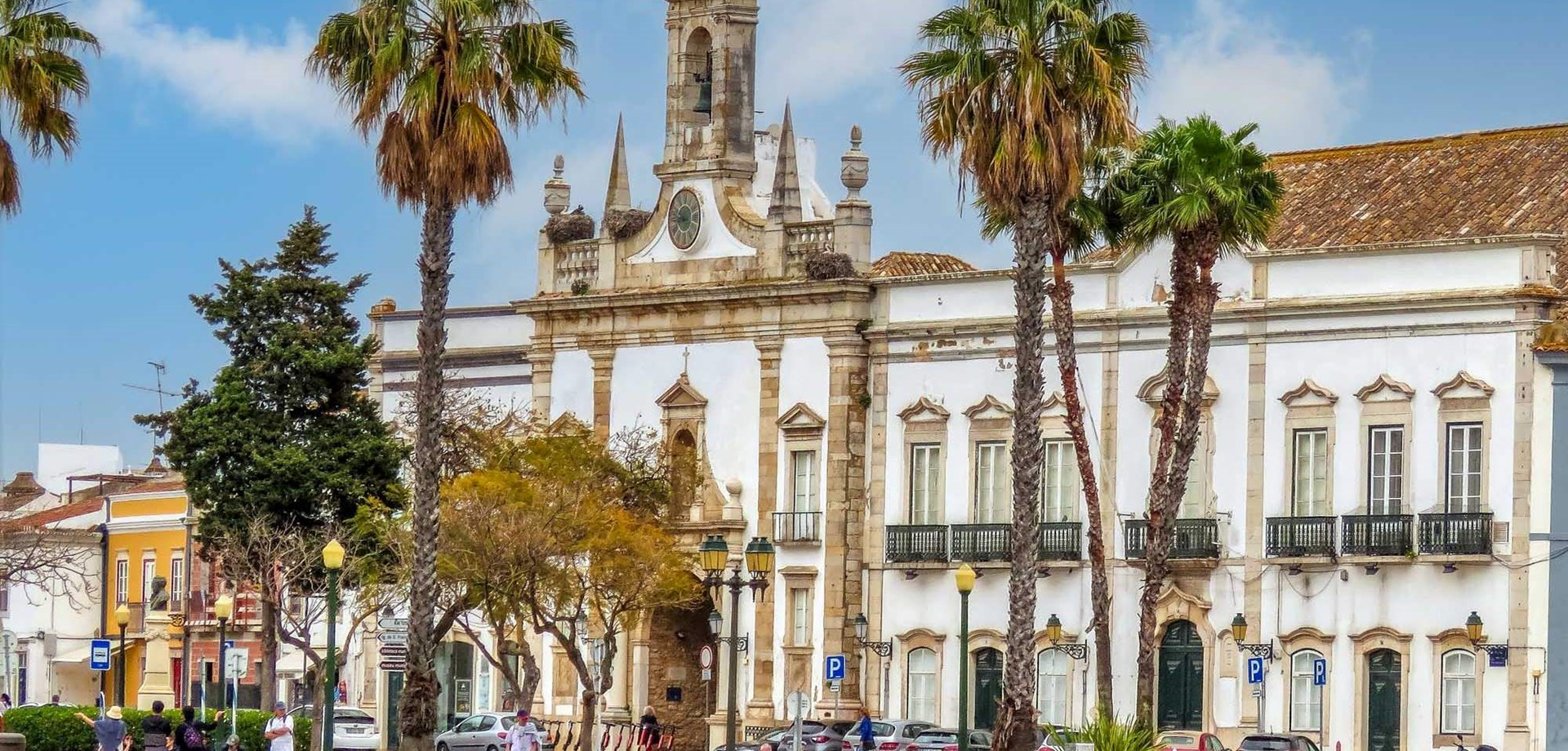Faro Algarve discover the advantages of living in the south
11 April 2024

Thinking of moving to Portugal? Read on to learn about Faro, capital of the Algarve, and discover why so many people are choosing to live in this city.
Historic roots
In the days of the Phoenician colonisation, in the VIII Century B.C., it used to be called Ossónoba and was an important commercial centre and trading post. It then fell to the Romans, the Byzantines, and the Visigoths in turn, and was finally taken by the Moors in 713 A.D.
It came into the hands of the Portuguese in 1249, conquered by D. Afonso III, and was then known as Santa Maria de Faaram. But it was only in the next centuries that, due to its geography, the safety of its port and the importance of its trade, Faro became a prosperous place. In 1549, King D. João III elevated it to the status of city.
A brief description
According to the Portugal City Brand Ranking, Faro, in Portugal, placed first in 2019 as the best city in the Algarve for conducting business, and also as one of the richest cities in Portugal. In 2021 Faro made the list of 25 best cities in which to live in Portugal.
The capital of the district of Algarve borders the councils of São Brás de Alportel, Olhão, Loulé, and the Atlantic Ocean. It also represents the third largest point of entry to Portugal, through the Faro Airport, and is a truly cosmopolitan city, with natural wonders such as the Ria Formosa, from where you can also head out to visit the Culatra or Deserta Islands.
The region’s climate is mild most of the year round and the cuisine is based largely on fish and shellfish, namely horse mackerel, anchovies and sardines, clams and razor shell rice, along with the traditional cataplana and caldeirada stews. The local desserts are centred around dried fruits and the traditional grape varietals make for quality wines with fruity flavours and low acidity.
Advantages of living in Faro
Cost of living
If you take Portugal’s capital Lisbon as a reference, Faro will always be considered a city where life is cheaper, as is Porto or any other large city. However, you should bear in mind that Faro is far from one of the most accessible cities in the country, especially since it attracts so many tourists.
Climate
Year-round mild temperatures and a pleasant climate can make all the difference, not only in terms of quality of life, but also to your own sense of humour or inner balance. Faro enjoys all these qualities, making it very attractive.
Sports
Open-air sports and a healthy lifestyle are clear advantages that come from living in Faro, since these activities are readily at hand. The closeness to the sea is another factor which invites you to practice sports, making Faro a place where you will feel like exercising your body and making the best of the natural surroundings.
Great beaches
The proximity of beaches located in nearly deserted islands is another point in favour of Faro. Make sure to visit the Farol, Hangares, Barreta, Quinta do Lago, Ancão, Ilha da Armona and Fuseta beaches, all of which are very inviting.
Safety
Safety is another point to consider and Faro, like the rest of Portugal, is a peaceful location. For the second time in a row Portugal ranked third in the Global Peace Index 2020 of the safest destinations in the world.
Quality of life and infrastructure
Faro is very well served in terms of infrastructure. It contains a university, an international airport, and over 20 hospitals. In terms of quality of life, tranquility rules. Being a small city, it is the perfect spot for relaxation, peace and quiet, with beautiful landscapes and very close to nature.
Culture and education
Faro is a city that shines out in terms of culture and education. It hosts several festivals in the summer and boasts several galleries with dynamic agendas, theatres, cinemas, and other attractions that make it very cosmopolitan.
The Algarve University, the most important university institution in the south of the country, also makes it a city where you can obtain great education. And last, but not least, the Algarve also has a good selection of international schools, which is an essential factor for foreigners who are planning to move to the region with their children.
The downside of living in Faro
Real estate prices
Every rose has its thorn, and this Algarve city also has some negative aspects, such as the price of real estate, which has been inflated by the great demand put on it by tourists or expats looking for a place to live.
Many tourists during the summer
During the summer Faro, as is the case with pretty much the whole of the Algarve, becomes pretty crowded with both local and foreign tourists, especially near the beaches.


